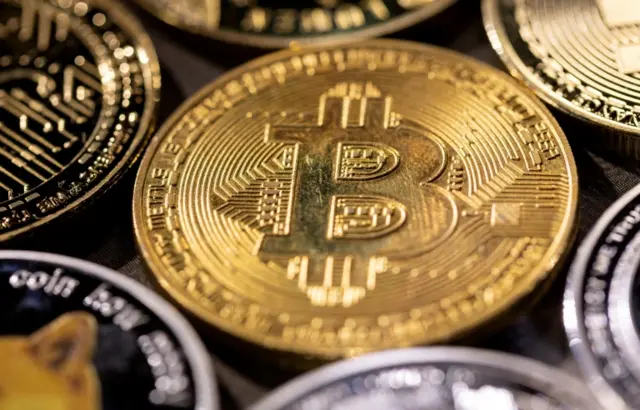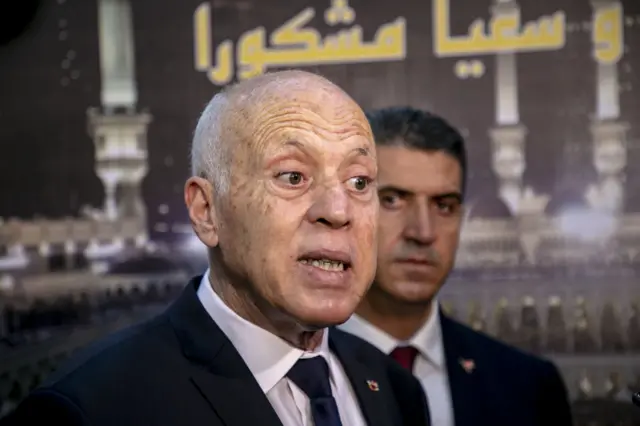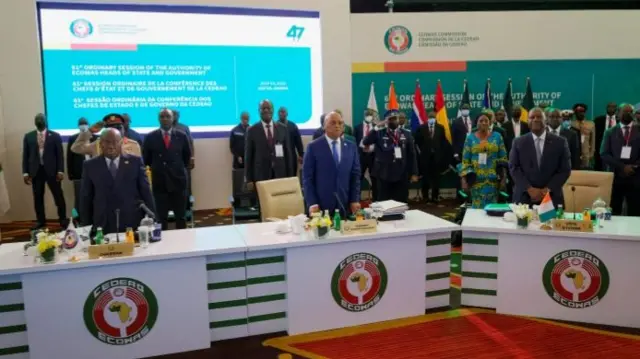Central African Republic launches Bitcoin hubpublished at 06:50 BST 4 July 2022
Guy Bandolo
BBC News
 Image source, Reuters
Image source, ReutersCentral African Republic adopted Bitcoin as a legal tender in May
The Central African Republic has launched its government-backed cryptocurrency hub called Sango - named after one of the country's official languages.
President Faustin Archange Touadéra launched the hub on Sunday in a live announcement on social networks.
It follows the country's adoption of Bitcoin as legal tender in May, only the second country after El Salvador, to adopt Bitcoin as legal tender.
“Sango means the language of money and wealth. Cryptocurrency helps the poor gain control over their investment,” President Touadéra said.
He likened the project to "digital gold":
Allow X content?
This article contains content provided by X. We ask for your permission before anything is loaded, as they may be using cookies and other technologies. You may want to read X’s cookie policy, external and privacy policy, external before accepting. To view this content choose ‘accept and continue’.
The specifics are not yet clear, but the project will help people invest in the country's significant mining resources among other things, according to Mining Minister Rufin Benam Beltoungou.
The project's website also says that an island dedicated to cryptocurrency will be created on the Oubangui River where investors can invest without paying taxes and have a digital residence.
Many concerns remain about the adoption of cryptocurrency in the country, especially after the collapse of Bitcoin by more than 20% last month.
About 90% of the Central African population does not have access to the internet, although the country has signed an agreement with neighbouring Cameroon to share its fibre optic network in 2023.
The government estimates Central Africa Republic's natural resources to be worth more than $3 trillion (£2.4 trillion).
But the country has been torn apart by a succession of civil wars for nearly a decade and is one of the poorest in the world.
Read more on this topic:


